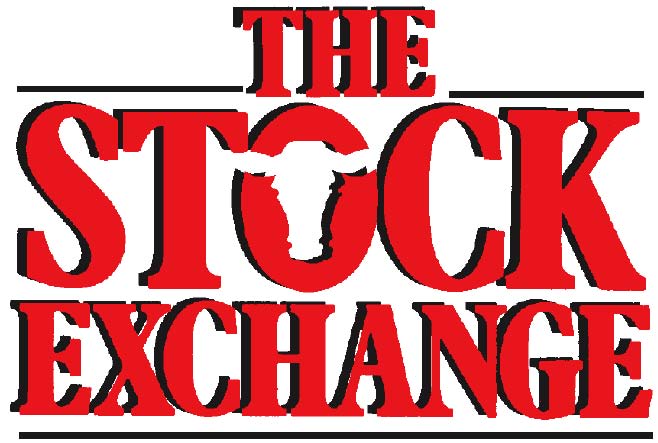Consider By-product Feeds in Rations This Winter
Erika Lyon, OSU Extension Educator, Jefferson & Harrison Counties (originally published in The Ohio Farmer) By-products such as distillers grains, gluten or soyhulls can serve as lower cost feed alternatives. The last two years made it challenging for many producers to find good quality, let alone a good quantity of, feed for livestock. Spoilage and high costs for subpar hay and grain can be discouraging. Health issues associated with poor quality feed may…
